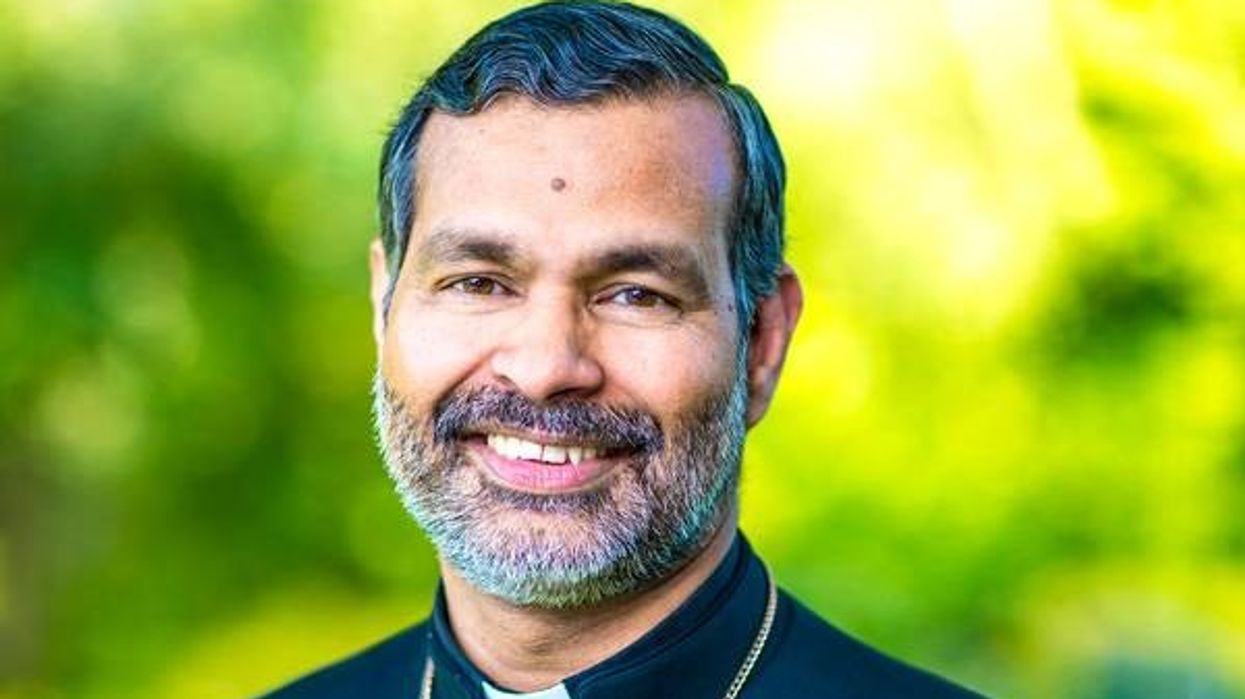THE Bishop of Liverpool said on Thursday (30) he was stepping down from his post after a British broadcaster aired allegations of sexual assault and harassment against him.
His resignation comes just weeks after Archbishop of Canterbury Justin Welby, leader of the world's Anglicans, also stepped down over failures in the Church of England's handling of a serial abuse case.
Channel 4 News reported two women had accused Liverpool Bishop John Perumbalath of "inappropriate behaviour".
He denies wrongdoing but said in a statement afterwards a "rush to judgement and my trial by media... has made my position untenable".
Perumbalath said he had decided to retire immediately to avoid a "long period of uncertainty" while the claims were further investigated.
"I do not wish this story to become a distraction for this incredible diocese and its people, whom it has been an honour and joy to serve," he said.
The bishop said that since the allegations were made in 2023 he had "consistently maintained that I have not done anything wrong and continue to do so".
He said a Church safeguarding team had investigated the allegations and had found them "unsubstantiated" and the first allegation was investigated by the police who decided to take no further action.
"Despite this, media reports have treated me as guilty on all charges and treated these allegations as fact," he added.
The resignation comes at a time of intense scrutiny for the Church of England after Welby's resignation.
His temporary replacement, the outgoing Archbishop of York Stephen Cottrell, the Church's second most senior cleric, has also faced calls to resign.
Critics say he mishandled a sexual abuse case when he was the Bishop of Chelmsford in southeastern England.
Welby quit after an independent probe found he "could and should" have formally reported decades of abuse by Church-linked lawyer John Smyth to authorities in 2013.
Smyth, who organised evangelical summer camps in the 1970s and 1980s, was responsible for "prolific, brutal and horrific" abuse of up to 130 boys and young men, according to the independent Makin Review.
It concluded the Church of England covered up the "traumatic physical, sexual, psychological and spiritual attacks", which occurred in Britain, Zimbabwe and South Africa over several decades.
The Liverpool diocese said in a statement it acknowledged Perumbalath's "decision in taking this step for the good of the diocese of Liverpool".
"We continue working hard to support all those who have been affected by this story, it added.
(AFP)





